The article is also available in French and Spanish.
Transitioning to a circular economy is key for a sustainable future. We talked to JUST2CE – an EU-funded project showcased during the 2022 European Development Days – to learn more about how to avoid the pitfalls of this transition.
Closing the production cycle
The Circular Economy Action Plan aims to accelerate the EU’s transition to a circular economy, reducing pressure on natural resources and creating sustainable growth and jobs. It is a main building block of the EU Green Deal, an ambitious plan to boost EU economy while making it fairer and more sustainable. The ultimate goal of the Green Deal, which aims to mobilise at least €1 trillion in investments by 2030, is to make Europe climate neutral by 2050, leaving no one behind in the transition.
We are living in a linear economy where we extract resources on a massive scale to make new products that are used and then discarded as waste. With the world’s population increasing exponentially, this approach is clearly unsustainable and has a tremendous ecological footprint.
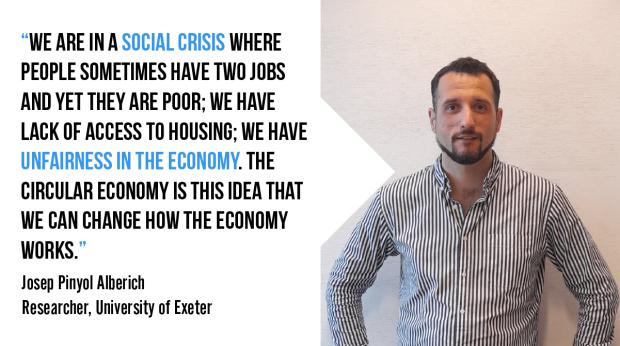
Meanwhile, in a circular economy, production uses minimum resources to create longer-lasting products that can be repaired or recycled and keeps materials in circulation for as long as possible. The circular economy also relies more heavily on renewable sources and non-polluting raw materials.
“We are in a social crisis where people sometimes have two jobs and yet they are poor; we have lack of access to housing; we have unfairness in the economy. The circular economy is this idea that we can change how the economy works.”, Josep Pinyol Alberich, Researcher, University of Exeter.
A fair and just transition to a circular economy
As highlighted in the Green Deal, a truly successful transition to a circular economy needs to be inclusive and just. Without that, the Green Deal will not deliver on important social development goals such as improved health, decent working conditions, or reduced inequality.
This is exactly what the JUST2CE project wants to tackle. The international project is funded under the EU programme Horizon 2020 and involves partners from Europe and Africa. With a budget of €3.6 million, JUST2CE aims to analyse the conditions for a responsible, inclusive and socially just transition to a circular economy. A transition is just and fair when it ensures that the benefits of greening the economy are shared widely, while supporting those who stand to lose economically, leaving no one behind – especially people from vulnerable groups.
JUST2CE studies which groups can be classified as winners and losers in this process and how these relationships can be changed to achieve a fairer transition. The project’s international dimension is very important, as one of the main objectives of the Circular Economy Action Plan is to lead global efforts on circular economy.
“The problem with the mainstream framing of circular economy is that it’s too focused on the technological solutions needed to achieve circularity. What we want to do in JUST2CE is to provide a wider dimension − to focus on the social aspects and on the politics of this transition.”, Mario Pansera, Project Coordinator, University of Vigo.
Good practices from the JUST2CE project
What makes JUST2CE special is its on-field approach to analysing the relationship between the North and the South, the West and the East. The good practices below shed more light on the unique aspects of the project.
- Getting the full picture through case studies spanning from Europe to Africa
- Practical approach to informing African policymakers and stakeholders
- Fighting inequality through special focus on gender equality and decolonisation
1. Getting the full picture through case studies spanning from Europe to Africa
To better understand the barriers and enablers for the implementation of circular economy policies, JUST2CE will conduct 10 case studies spanning from Northern Europe to sub-Saharan Africa. They will cover key strategic sectors, such as food production and waste, water management, critical raw materials, and production. These case studies lie in the heart of the project and will inform all its activities and outputs.
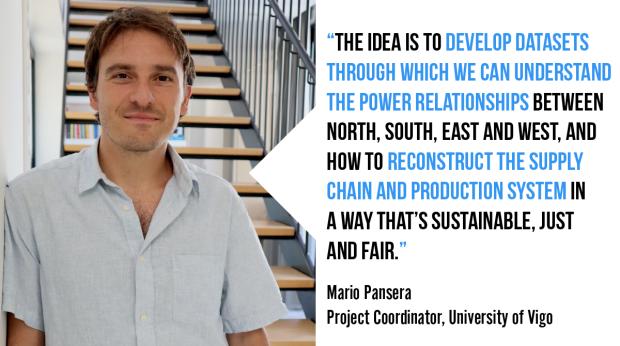
JUST2CE believes that the transition to a circular economy must include all sectors of society and industry. Through these case studies, the project engages with a wide variety of stakeholders, from industry, policymakers, unions and entrepreneurs to scientists, activists and non-governmental organisations.
“The idea is to develop datasets through which we can understand the power relationships between North, South, East and West, and how to reconstruct the supply chain and production system in a way that’s not only sustainable but also just and fair.”, Mario Pansera, Project Coordinator, University of Vigo.
2. Practical approach to educating African policymakers and stakeholders
To support policy development and learning in circular economy in Africa, JUST2CE works with the African Circular Economy Network (ACEN). The network is a non-governmental organisation that promotes African circular expertise within the continent and to the rest of the world.
Together with ACEN, JUST2CE aims to inform African policymakers and stakeholders on fair and inclusive circularity. To do this, the project will use the information collected from its case studies to create an operational framework for designing and assessing circular economy initiatives. As a result, JUST2CE will set up a decision support system to help African policymakers and stakeholders in designing the transition.
“We want to bring the academic community and policymakers together and make them talk with civil society organisations to co-produce policies that are based on science and evidence.”, Alessandro Miraglia, Networking and Communication Team Lead, MedWaves.
3. Fighting inequality through special focus on gender equality and decolonisation
Through its research work, JUST2CE will directly contribute to academic fields linked to circular economy, such as sustainability studies, sociology of technology and labour, gender studies, science and technology, supply chain management and life-cycle assessment, and macroeconomic analysis.
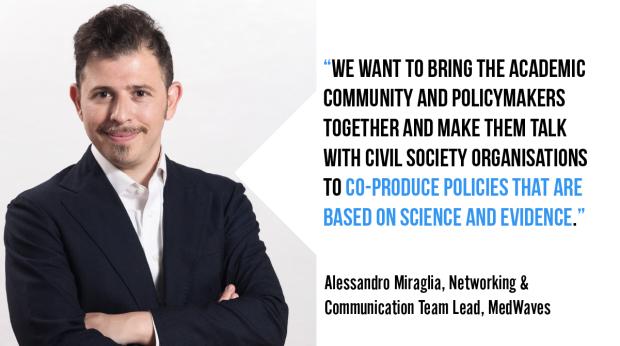
However, there are two areas that JUST2CE highlights as its central principles. Firstly, it aims to address issues related to gender inequality and give men and women equal opportunities. The project puts specific focus on encouraging women to join the conversation and let their voices be heard. The second fundamental starting point for JUST2CE is debunking the idea that knowledge produced in the North/West is superior to that from the South/East. The project’s goal is to create a space where different forms of knowledge and ways of understanding sustainability can co-exist on an equal basis.
“When you think about gender inequality in Spain, you might not have the same issues as you do in South Africa. We need to be able to address gender inequality on different levels and in different contexts. That’s why it’s so important that we have these case studies from different countries.”, Takunda Chitaki, Postdoctoral Research Fellow, ACEN.
Final thoughts
Our natural resources are finite, and the only way to ensure a bright and sustainable future for humanity and our planet is to transition to a circular economy. However, we are living in a world of unequal power relations where the North/West relies on the resources of the South/East, and such transition has the potential to further exacerbate these inequalities not just between countries but within societies as well.
JUST2CE’s underpinning belief is that the successful transition towards a sustainable circular economy does not merely depend on the development of new technologies but also on making production more democratic and inclusive. Through its case studies and subsequent outputs, the project wants to ensure that our inevitable transition to a circular economy is just, fair and leaves no one behind, because only then this transition will truly be complete.
Recommend & share this article if you think it will be helpful for your peers
Click on the play button below to watch our video about sustainable and just societies
Additional information
- JUST2CE project website
- JUST2CE case studies
- EDD2022 discussion on working towards an inclusive and just transition to Circular Economy
- European Green Deal
- Circular economy action plan
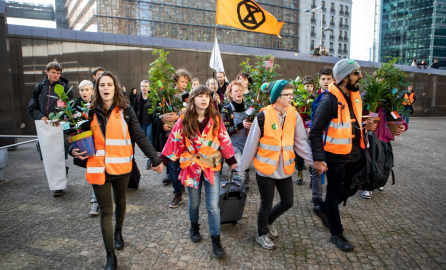

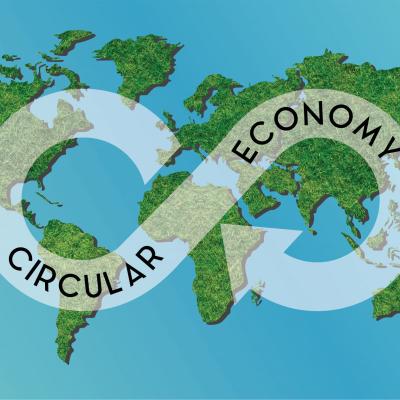
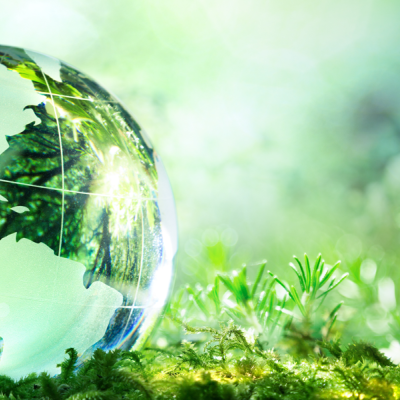
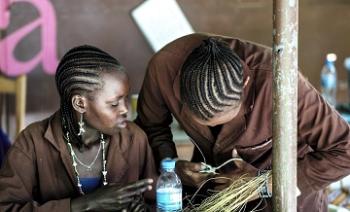
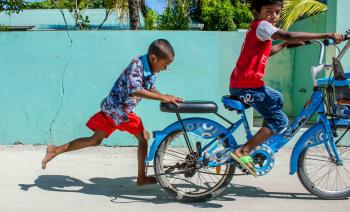

(1)
Log in with your EU Login account to post or comment on the platform.
What a great project that is highly needed. Transitioning to a circular economy, is surely another mechanism to avoid wastage and create better jobs and sustainable services. The working environment should also be well supported with proper inductions. Thank you.